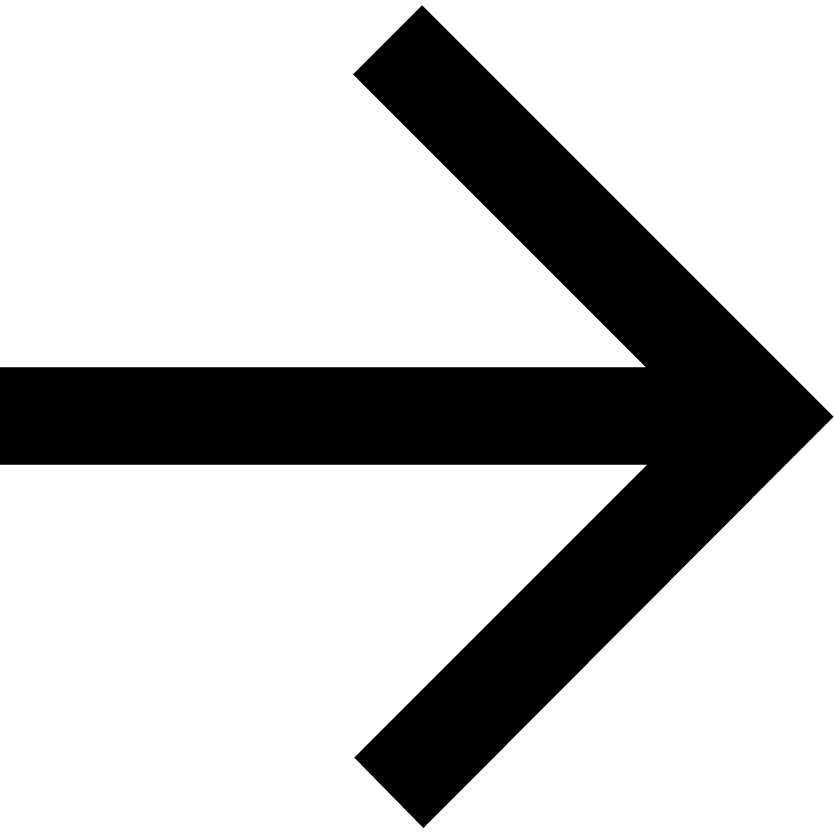


Ali Cherri
How I Am Monument
6.12.2024 – 23.2.2025
How can we talk about violence against bodies, objects or nature in regions of conflict? What acts of brutality lie beneath these landscapes? And how to reflect on Western knowledge production and belief systems as a story of violence?
With his films, sculptures, installations and drawings, Ali Cherri visualizes history and cultural value not as something neutral or universal, but as constructed narratives, deeply influenced by colonialism, nationalism and geopolitics. Cherri was born in Beirut in 1976, a year into the Lebanese Civil War that would continue for fourteen more (1975–1990). During its course, about 120,000 people died and almost one million were forced to leave the country. But Cherri, who was initially trained as a graphic designer, experienced the vibrant heyday of Beirut’s art scene in the 1990s. Thus, not only the conceptual and material engagement with violence, but also the belief in the power of imagination as a political force carries his work. Consequently, the sculpture Tree of Life (2024) is placed in Secession’s foyer. It was modelled after a Mesopotamian relief of Sargon (24th–23rd century BCE) from the Louvre in Paris and is Cherri’s first work made in bronze. Appearing in the Bible, the Quran, and the Epic of Gilgamesh, the tree of life functions as hopeful symbol of liveliness and creation as well as an entrée to the exhibition that continues downstairs.
Mythology and ancient history as well as the afterlife of cultural artefacts play a key role in Cherri’s practice, who sources archaeological relics in auction houses or antiquities markets. “Many of these objects,” the artist explains, “are literally broken or damaged, and I see in this a poetic way to establish solidarity with other broken bodies. Today, we all carry our own fractures and thus seek connection with other beings and communities who share similar experiences, from whom we can learn and with whom we can empathize.” By integrating these fragments into hybrid, creature-like sculptures that radiate a surreal energy, Cherri introduces the forgotten, excluded or suppressed into Western collections. Questioning what is visible, and what remains obscured, his works get to the foundations of Western museums’ practices and their power to shape the official canon and discourse through colonial politics of collecting and contextualizing.
In Cherri’s work, political implications are not only evident on a symbolic level, but also in the choice of artistic materials themselves. He is especially interested in mud, a primordial material of civilization in the production of commodities but also of art and cult objects. Only recently, he has begun to work with bronze, primarily used by ruling classes for monuments of “heroes” that shall manifest the power and dominance of the current regime. By combining these contrasting materials in a new series of works, the artist turns the classical power dynamic upside down: the moisture of the fragile, “inferior” mud aggresses and weakens the “hegemonial,” lasting bronze—a reclamation of power.
With his installation of two wood-cladded vitrine displays in the exhibition’s first room, Cherri deliberately cites museological vocabulary. Spotlights typical of presentations in archaeological museums highlight empty downsized pedestals of monuments that were vandalized during the Arab Spring in 2011, as well as in post-Soviet countries, for instance, or during the Black Lives Matter movement. The blank spaces left on the empty pedestals are symbolic for the act of disempowering brutal regimes by toppling their monuments, but also for the possibility of imagining a better future.
The new slide projection A Monument to Subtle Rot (2024) functions like a soundtrack to the exhibition. Here, text images of a poetic reflection by Palestinian novelist Karim Kattan on the nature of monuments are interspersed with pictures of their dismantling. Sometimes, it seems as if the words were voiced by the monuments and then again, they appear to be an observer’s voice—or ours.
In the last room, Secession presents Cherri’s celebrated three-channel video installation Of Men and Gods and Mud (2022), for which he was awarded the Silver Lion at the 59th Venice Biennale. He shot this work at the Merowe Dam on the Nile River in Northern Sudan. In the early 2000s, the construction of the largest hydropower plant in Africa led to the displacement of more than 50,000 people, social unrest, the destruction of ecosystems, and the submersion of cultural sites and artifacts. The film follows a group of brickmakers as they shape by hand these fundamental building materials from mud. And again, both destruction and creation go hand in hand, asking: how to build a new world from the mud of the past?
The accompanying publication contains an essay by Tom Houlton, author of the book Monuments as Cultural and Critical Objects, and a conversation between Ali Cherri and the curators Emma Dean and Jeanette Pacher, and an extensive image spread with blow-ups of the slides from the new work A Monument to Subtle Rot. Each dust jacket has been individually treated by the artist and contains a sample of mud, a material so important to Cherri. The small square placed in the center shows the visible traces of this manual work.
Film premiere
Ali Cherri, The Dam – Austrian premiere!
February 18, 2025, 7 p.m.
Stadtkino im Künstlerhaus
Followed by a discussion with Ali Cherri
A cooperation with the University for Continuing Education Krems and Stadtkino im Künstlerhaus
Video
Publication

Digital Publication

Shop
Exhibition partner
We thank our exhibition partner Wienerberger.
Project partner
The exhibition has been developed in partnership with Baltic Centre for Contemporary Art, Gateshead, where a second, extended chapter will be presented from April 12 – September 21, 2025. In the framework of this collaboration, the partners have co-commissioned new works by the artists.

geboren 1976 in Beirut, lebt und arbeitet in Paris.

















